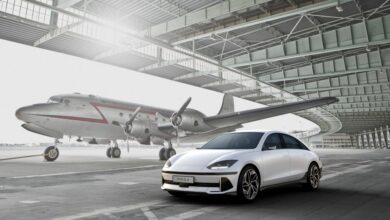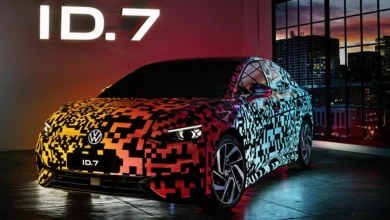
Federal Finance Minister Christian Lindner of the FDP has spoken in an interview about debt brakes that are to be complied with again in 2023. For him, compliance is an important condition for the continuation of the traffic light coalition. Among other things, the e-car premium on purchases is on the line.
Christian Lindner on the e-car premium
In an interview with Welt am Sonntag, German Finance Minister Christian Lindner (FDP) commented on the country’s financial situation. He warns that Germany may have to “pay 30 billion euros in interest on debt in 2023”.
Last year, Germany had paid about four billion euros in interest. In the 2022 federal budget, new debt would be around 139 billion euros, which is why the 2023 budget – which they plan to present shortly – envisages a much lower level of new debt. To achieve this, however, spending would have to be reduced.
This is where Lindner is focusing, among other things, on electromobility. “If it goes after me, for example, the purchase premiums for electric vehicles and plug-in hybrids are canceled,” so Lindner. The subsidies in the amount of up to 20,000 euros over the entire life span would thus lie holistically in billions. Here one could save billions, which one could use more meaningfully, continues the Federal Minister of Finance.
The debt brake, which was suspended during the pandemic, should definitely be respected in 2023. Colleague and Federal Minister of Transport Volker Wissing (FDP) wrote already at the beginning of May 2022 on Twitter that he wanted neither “a scrapping premium nor a higher purchase premium for electric vehicles”“The switch to climate-neutral mobility must succeed via market-based incentives.”
- Also interesting: New Joint Venture – Sony Honda Mobility Launches
Industry speaks of breach of trust
The automobile club ADAC, on the other hand, criticizes Lindner’s proposal. Many consumers have chosen an e-car precisely against the background of the subsidy, said transport president Gerhard Hillebrand.
With the current long delivery times, the vehicles would not be delivered until next year, so that the corresponding planned subsidy from the state threatens to be cancelled, Hillebrand told dpa (via Badische Zeitung). In order to apply for the subsidy, an e-car must have already been delivered and registered – here, simply placing an order is not enough.
The Association of International Motor Vehicle Manufacturers (VDIK) also issues a warning and thinks that the market could collapse with an acquisition of the premium for E-cars. According to VDIK President Reinhard Zirpel, this would amount to a “serious breach of confidence”.
So far, Federal Minister of Economics Robert Habeck (Greens) only planned to abolish state subsidies for plug-in hybrids starting in 2023. According to previous plans, the subsidy for pure electric cars was to be gradually reduced. Initially, from 4,000 euros in 2023 to 3,000 euros for 2024 and 2025. A cap for the subsidy up to a total vehicle price of 65,000 euros was also planned, while the minimum holding period was to increase from 6 to 12 months.
In early July 2022, the federal government plans to decide on the draft budget for 2023 and present it shortly thereafter. How it will then continue with the e-car premium, we will therefore already know in a few weeks.



